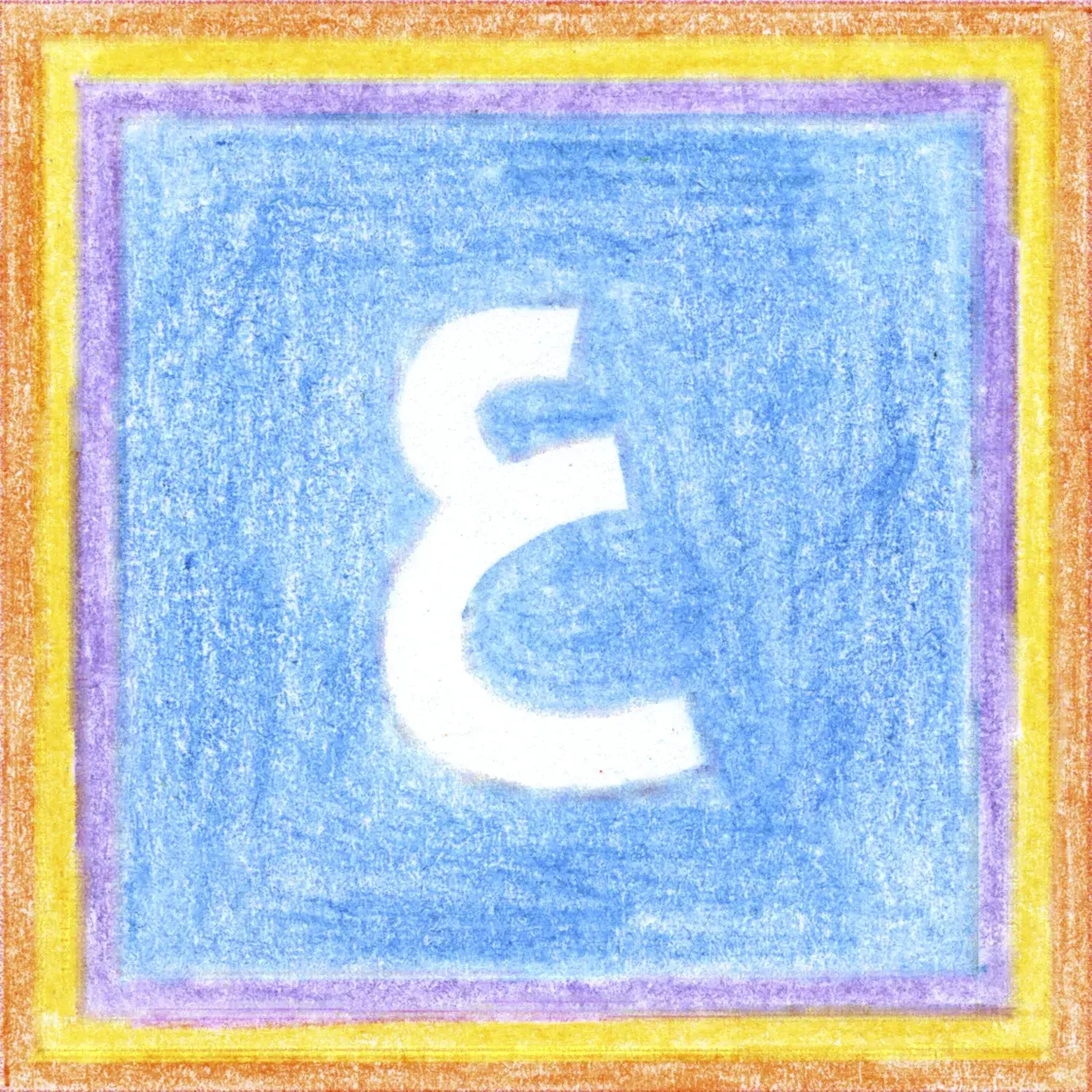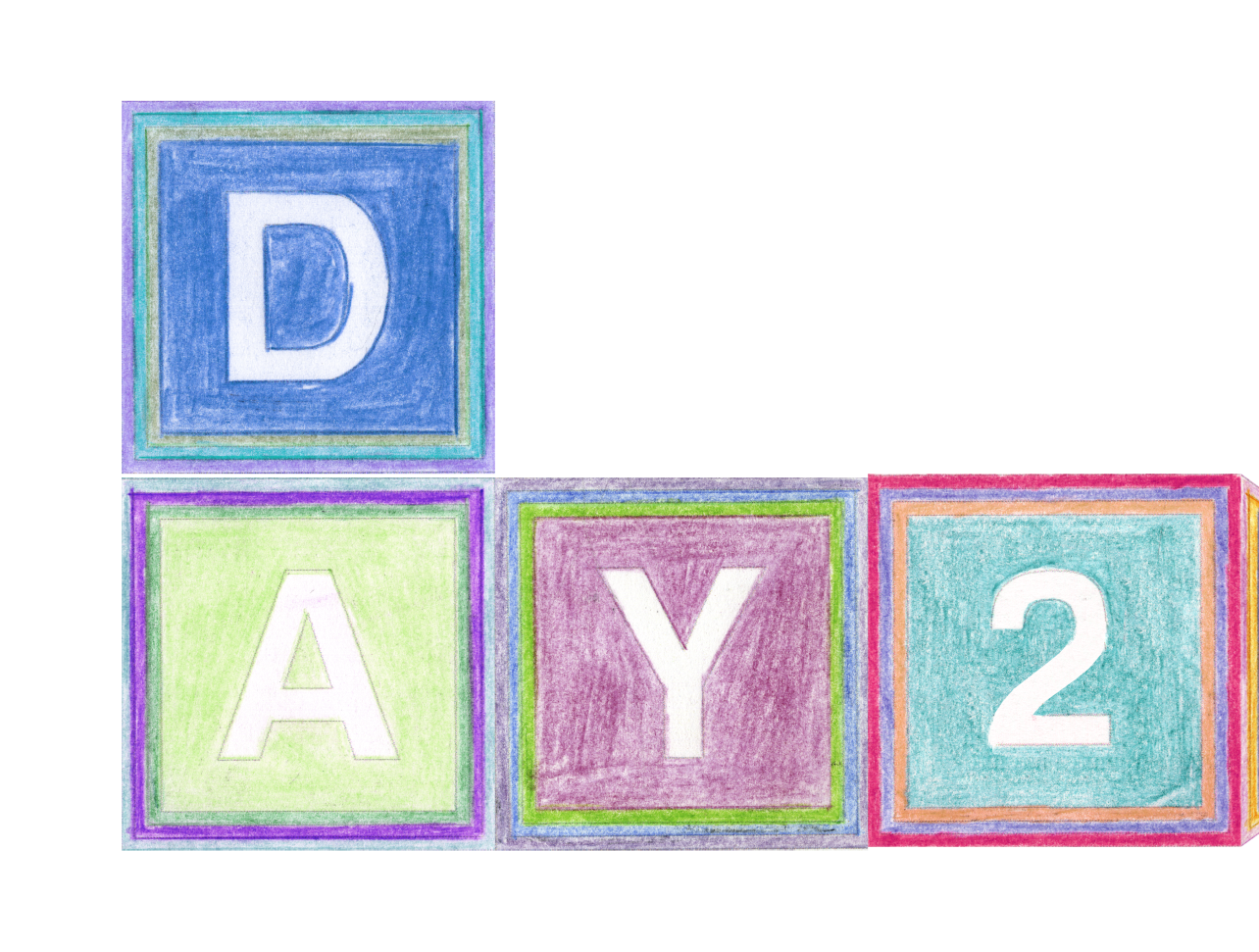Dina Faour
Dina Faour is an accomplished academic with over a decade of experience in the advertising industry. In 2008, she transitioned to academia as an Assistant Professor of Advertising at the American University in Dubai, where she was quickly appointed as Academic Coordinator. In this role, Dina spearheaded the redesign of the advertising curriculum, introducing over 10 new courses accredited by the UAE Ministry of Higher Education and respected international bodies such as SACSCOC, NASAD, and the International Advertising Association.
While deeply committed to academia, Dina remains closely connected to the advertising industry, ensuring that her students receive an education that is both current and practical. She curates extracurricular activities that bring students into direct contact with award-winning industry professionals, providing them with real-world skills and insights.
Dina continues to mentor her students, who consistently achieve industry recognition. Her efforts contributed to AUD being named University of the Year at the Dubai Lynx Festival of Creativity in 2015, 2017, and 2018. She also plays a key role in preparing and mentoring UAE students for the Roger Hatchuel Academy at the Cannes Lions Festival.
Beyond the classroom, Dina leads SheSays Dubai, an initiative dedicated to empowering women in the creative industries. She stays actively engaged in the industry by participating in prominent regional events. Her research primarily focuses on advertising's societal impact, particularly in areas such as semiotics, Arabic copywriting, and stereotypes. Dina is also keen on exploring curriculum design for creative disciplines within culturally diverse environments.
Q&A
Q: What is the most important next step for the UAE creative industry as a whole?
I think the UAE is leading a healthy, eclectic art and design scene that must remain vibrant and dynamic; however, an important step that I feel is further needed is an increase in objective, thorough, and well supported critiques where standards are set and the public is educated and inspired.
I love my Taa al Taaneeth project that I worked on but you can find all projects on my website, under projects.
Q: What other place in the world should the UAE be looking to for inspiration?
I would not identify one place in particular. I usually look to award festivals to learn about the latest trends, standards, concerns and of course to review excellent work within my discipline worldwide. However, for true inspiration, we only need to go back to ourselves, our nature, our people, and our histories; this is where true insights and inspirations are usually found.
Q: Is there one thing you would do differently if you could start your professional career again?
There will always be what ifs but I think I would do this all over again, this time with deliberation.
Q: Most underappreciated role in the creative sector?
I don’t believe a creative person joins the sector to be appreciated. Appreciation should not be an end goal but more like a pleasant outcome; I do believe that most professional creatives (designers, advertising professionals and artists) tend to dismiss the academic side of their disciplines once they graduate. Research, new knowledge, and fresh talent are being prepared in academia and most professionals quickly detach from further learning.
Q: Any tips for submitting an application or succeeding in an interview?
Working with graduates for over 17 years now, I have plenty of advice. My main tips would be the following:
- Always think of what sets you apart but please remain truthful and grounded.
- Remember that even if you were a fresh grad, your lack of experience - that you often worry about - usually offers a fresh outlook that older creatives work hard to maintain.
- Do your homework; prove to your interviewers that you know about their institution, their philosophy and their accomplishments.
- Remember that for most creative jobs, you are joining a team. It is no longer just about you. Whether in applications or interviews, remember to speak as a team member, not a solo player.
So much more advice, so you can always reach out for more tips.
Q: Why is the creative field in the UAE exciting at the moment?
The creative field in the UAE offers a vibrant and thirsty scene for creatives with plenty of support for emerging talent. If you are a skilled storyteller, no matter what creative field you’re in, you have the opportunity to shine here. This is exciting because those are precious stories that deserve to be told.
Q: Essential book to read / movie to watch / artist to follow today.
I don’t believe there is something called an essential book to read. Every book will do you good. Check out the Art Jameel Library (not an ad!) and keep reading.
As for artists, David Carson always makes me smile. I think it’s the freedom in his design work that I enjoy following. In an industry where we have given the reins to our clients, freedom becomes precious.
Q: Most inspiring moment in your career, or person you have worked with?
The most inspiring person I worked with would be my mentor, Dr. Lance de Masi, who was the president of the American University in Dubai, until recently. Dr. de Masi has managed advertising agencies in Chicago, Milan, Nicosia, Barcelona, and Dubai, before making his shift to academia. Therefore, the extra benefit I get to enjoy is our shared passion for communication.
This man never ceases to inspire me with his knowledge not only on academic matters but on most matters of the world. His objective insights consistently offer such unique perspectives. He always reminds me that the world of communication, in all its disciplines, carries the grave task of building culture, this is what usually escapes us in our daily work routines.
Q: Do you have any quirky habits that have proved relevant to your work?
I am totally convinced that if I don’t have the feeling of playfulness, my work will not be creative. I read a lot about the close relationship between creativity and play. In our creative disciplines, we need to make sure we are “playing” as we explore and experiment with our solutions. Take out the play, you’d be left with monotonous, repetitive tasks that you keep doing until you find that right answer which never seems creative enough.
Q: What was your first ever job?
I did plenty of freelance design jobs as a student but my first official job was layout artist at the Daily Star. This was an English Lebanese newspaper. Looking back, I learned so much at that stage. Although the job was not necessarily creative, it was a bootcamp when it came to prepress production and printing.
Q: Did you go to university, and if so what did you study?
Yes, I completed my Bachelor of Graphic Design degree at the American University of Beirut, back in 1997. After almost a decade of working in the industry and mastering the world of print, I decided to continue my studies and tackle the digital side of things; I earned a Master’s degree in Digital Design in 2008, from the Queensland College of Art, Griffith University, Brisbane, Australia.
Q: When did you know that working in the creative sector was going to be the right fit for you?
I always knew I was into the arts and my low science grades would attest to that! However, I didn’t know that I would be a designer per se, nor an ad woman. All I knew is that I had to create things and send out messages. Even at university level, I was still questioning my choices, up until my first campaign; It was a small campaign, done for a friend’s clinic, on breast cancer. The feedback I got clarified the matter: I needed to solve communication problems that could possibly change lives.














